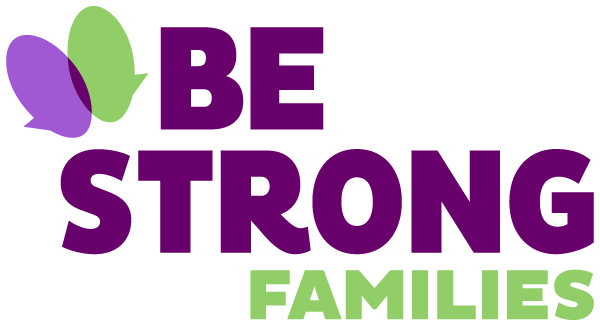White People Celebrating Black History Month? Part 1
By: Robyn Harvey, National Training and Technical Assistance Director
I have always been intrigued by differences in tangible things within various cultures like clothing, food, and decorations, but it was my decision to live abroad that first opened me up to learning about differences of thinking. When I lived in Switzerland, I was amazed at the unique ways they did almost everything—it was evident that they had similar values, but they lived them in different ways than I was used to. My host family and the people I met there were among my first teachers, and each lesson they bestowed helped to form my intercultural worldview. Based on my positive experience as a guest, I have opened our home to exchange students from Brazil, Germany, Montenegro, Romania, Slovakia, and Taiwan. Each student stayed for a school year and what we learned about them (and, throughout the process, about us) changed the way we thought about others, ourselves, and our place in this world.
But, how do I and we bring the international appreciation of culture to this country? How does my family celebrate its internal diversity and the cultural diversity and range of experiences within the United States? As a white person who is conscious of cultural appropriation and wanting to engage in cultural appreciation, how do I lead my family in celebrating Black History Month?
Appropriation, as I understand it, is using or presenting something from another culture without understanding its context within that culture. Ultimately, it is disrespectful to the culture of origin. Whether it be intentional or not, cultural appropriation is accomplished with some level of ignorance and it is preventable through an active pursuit of education. This means it's up to me to research, to ask questions, and to listen with openness and sensitivity when someone inquires why my family celebrates certain holidays. It is up to me to be sensitive to their feelings about a person of another culture celebrating their holidays or taking on their cultural attributes. To me, it’s all about honor, respect, curiosity, and the willingness to learn.
I began the journey toward cultural appreciation through parenting my two adoptive Latino sons. They came early in life and I was always searching for ways to keep them connected with their culture. We lived in a small farm town that was predominantly white, conservative, and middle class. I was always having to drive East to bigger, more diverse cities to find service providers that looked like my kids. I spent a lot of time trying to make friends that didn’t look like me. I found that these friends added depth, beauty, and fun to my life. They and the parent of my children taught me authentic Mexican cooking. I, to this day, very deeply appreciate all that I learned and how my life was enriched thereafter.
For me, cultural appreciation is something that requires continuous learning and deepening of knowledge. For example, Day of the Dead, a Latin American celebration honoring those close to us who have passed. We used to simply spend Day of the Dead reflecting upon and remembering ancestral relatives. This past year, I researched more extensively and discovered what components belong on an altar, talked to friends and colleagues about their altars, and spent time with my kids and their families making crepe flowers to put on our altar to commemorate those we have lost. We built our first altar: It was a truly beautiful time we had together reminiscing and sharing family stories.
Christmas and New Year’s are other holidays when my family connects to my children’s culture. Even though we are not a religious family, we always set up a nativity scene. The manger scene is an important staple in my kids’ culture, and I grew up with this tradition because my mother was Catholic. We also leave our Christmas tree up till Three Kings Day, when the wise men found Jesus in the manger. Then, on New Year’s Eve, we each eat twelve grapes at midnight for good luck. My friend and colleague, Greishen Rodriguez, taught us that this is a Latino tradition, and now we do it every year.
So, in my quest for appropriate ways to celebrate Black History month, I decided to get myself educated. Due to the diversity of my colleagues at Be Strong Families, I have access to people who are open to my questions and guide me with questions of their own. I queried two Be Strong Families African American colleagues, people I respect and trust. I started by asking Sarita Sashington, our Strategic Relationships manager who she thought should be celebrating Black History Month. She said, “It’s for everyone; it’s for celebration and education.” Our Chief Program Officer Alexandra James gave me several concrete suggestions, which included foods to make, blogs to read, websites to visit, movies to watch, YouTube videos about ancient African civilizations, and questions to ask. After family dinner next Sunday, as a family, we are going to watch the movie “Harriet."
While visiting the Holocaust Museum in Washington DC, I came across a postcard with a quote by Wade Davis, a Colombian-Canadian anthropologist and ethnobotanist. It said , “the world in which you were born is just one model of reality. Other cultures are not failed attempts at being you; they are unique manifestations of the human spirit.”. This impacted me so much so that it now hangs in a place where I see it as often as possible. It serves as a reminder to me that my identity and the way I navigate the world may be right for me, but that there are many different right ways for others. Davis’ quote reminds me that it is my responsibility to be a supportive ally to all my loved ones who observe Black History Month, and to stand alongside them in celebration, remembrance, and, most importantly, solidarity.

